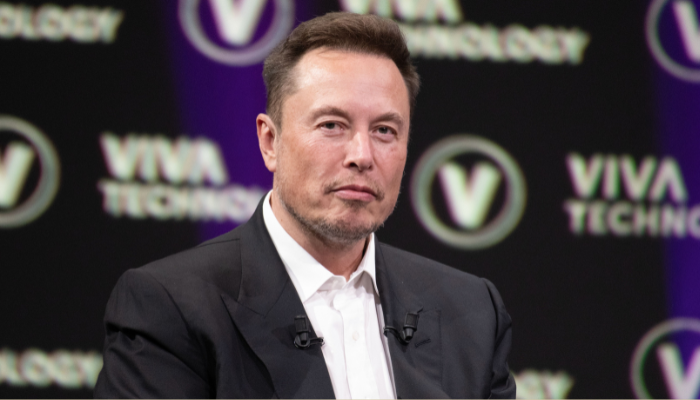Musk must testify again in SEC’s Twitter probe
3 min read
In October, a US regulator sued to force Musk to testify in an investigation into his $44 billion acquisition of what is now X
Elon Musk has been directed to testify once more in the SEC’s inquiry into his acquisition of Twitter, now rebranded as X. This follows a lawsuit filed by a US regulator in October to compel Musk’s testimony regarding his $44 billion purchase of the platform.
According to a ruling from a California federal court released on Saturday, Musk has been given a week to reach an agreement with the SEC on the interview’s date and location. This decision comes after Musk declined to attend a previous meeting in September.
The court order, issued by US Magistrate Judge Laurel Beeler, states that while the parties had initially settled on a date, Musk failed to appear and now resists the subpoena, arguing that the SEC’s investigation is unfounded, harassing, and seeks irrelevant information.
In October, the SEC filed a lawsuit against Musk to compel his testimony in an investigation into his $44 billion acquisition of what is now called X. The commission is also seeking his testimony regarding whether he complied with the law when completing the necessary paperwork for Twitter stock purchases, as well as the accuracy of his statements regarding the purchase of the platform.
Musk’s attorneys had stated that he would not appear for the testimony, citing concerns that regulators had leaked information to the media. They also argued that the investigation was baseless and criticized the requests for documents and testimony, especially considering that the investigation stemmed from a clerical filing error.
However, Judge Beeler, in ordering Musk to testify, rejected these arguments, asserting that regulators were within their rights to issue the subpoena for relevant information. If the SEC and Musk are unable to agree on a date and time for the testimony, Beeler stated that she would arbitrate between them.
The lawsuit stems from a well-known tweet in 2018 when Musk stated “funding secured” while attempting to privatize Tesla. Regulators alleged this violated securities laws that forbid publicly traded companies from announcing intentions to buy or sell securities if executives do not intend to complete the transaction, lack the means to do so, or are attempting to manipulate stock prices.
Musk settled with regulators, agreeing that a Tesla lawyer would review his tweets concerning the electric vehicle maker. However, regulators sued him again a year later, alleging that he had violated the agreement. Musk then petitioned the US Supreme Court to review the agreement, arguing that it infringed on his right to free speech.
In 2022, regulators requested information from Musk regarding the delayed disclosure of his Twitter stake, which he reported a week late. He testified twice that year, according to the SEC. Musk contends that a third interview would constitute government “harassment.”
The disagreement is not Musk’s sole conflict with the government. In November, he failed in his attempt to halt the Federal Trade Commission (FTC) from continuing to monitor X’s management of private user data. Musk characterized the agency’s actions as “a shameful case of weaponization of a government agency for political purposes and suppression of the truth.”



